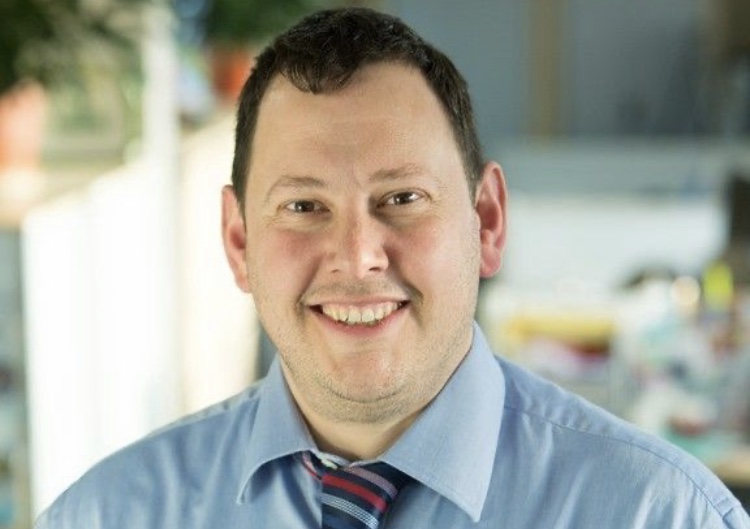Four separate studies will be undertaken to determine the economic, social, cultural and wellbeing impact of Eurovision on Liverpool city region. Tony McDonough reports

Eurovision is now less than a month away and the immediate impact on Liverpool has already been significant.
Tens of thousands of people are expected to descend on the city for the global TV event which takes place at the waterfront M&S Arena on the waterfront on Saturday, May 13. Liverpool, along with the BBC, is hosting the contest in place of Ukraine, last year’s winner.
Celebrations will begin in earnest on Friday, May 5, when the ‘Eurovision Village’ opens at the Pier Head. This will play host to multiple cultural events and performances in the run up to the big day.
Liverpool city centre’s visitor economy will benefit to the tune of millions of pounds and there is already tangible excitement in the city as Eurovision gets closer.
Once the party is over four studies will get under way. The will look to measure the economic, social, cultural and wellbeing impact of Eurovision on the whole of Liverpool city region.
They will help researchers to understand the scale and extent of these impacts, which in turn helps in the bidding for, planning of, and delivery of future large scale events and cultural activity.
Metro Mayor Steve Rotheram and the Liverpool City Region Combined Authority, working in partnership with Liverpool City Council, DCMS and the Arts and Humanities Research Council (AHRC) have commissioned AMION Consulting to undertake an economic impact assessment.
It will seek to understand the impact on increased investment, tourism and upskilling within the creative industries across the city region, and the wider North West.
A second study will explores two questions: Eurovision’s role in developing shared values and mutual relationships during a time of conflict; and the role and impact of Eurovision within city/nation branding and ‘soft power’.
This research has been commissioned by the British Council in partnership with Liverpool City Council and the Department for Culture, Media and Sport.
The project is led by the University of Hull with a team of consultants from the University of Brighton, the University of Southampton and Royal Holloway (University of London).
Liverpool John Moores University is undertaking research to look into the health risk of behaviours associated with nightlife during the Eurovision period.
A survey will examine individuals’ past, present and future use of alcohol and drugs – as well as looking at sexual behaviours, exposure to anti-social behaviour and violence and feelings of safety during Eurovision week.
And finally, the University of Liverpool, working in partnership with Liverpool City Council, the Department for Culture, Media and Sport and Spirit of 2012 are delivering an evaluation programme.
This well examine whether hosting the song contest will impact the wellbeing and sense of community of local residents.
Beginning with baseline and follow-up surveys, around 1,300 residents will be asked about their engagement with Eurovision and its associated community events.
Steve Rotheram said: “The chance to host a global spectacle such as the Eurovision Song Contest is an opportunity that doesn’t come around very often – especially for a city in the UK. That’s why so many cities bid for the accolade.
“As an international event that attracts guests, media and attention from around the world, we’re expecting thousands upon thousands of visitors to descend on the Liverpool city region for a week-long celebration of music, dance, fun and frivolity.

“The £2m that the Combined Authority is contributing towards the staging of Eurovision is just a fraction of the economic return we expect to see from the event.
“It is predicted to inject £25m into the city region economy in May alone. But the intangible contribution of broadcasting our brand to an international audience could be invaluable.”
READ MORE: EasyJet named as national sponsor of Eurovision
Director of public health for Liverpool, Professor Matthew Ashton, added: “I’m especially interested in how hosting this fantastic event will impact on local residents.
“These studies will not only contribute to the development of hosting major events in the future – but will also help us to understand how events like this can benefit the local communities in which they are hosted.”

